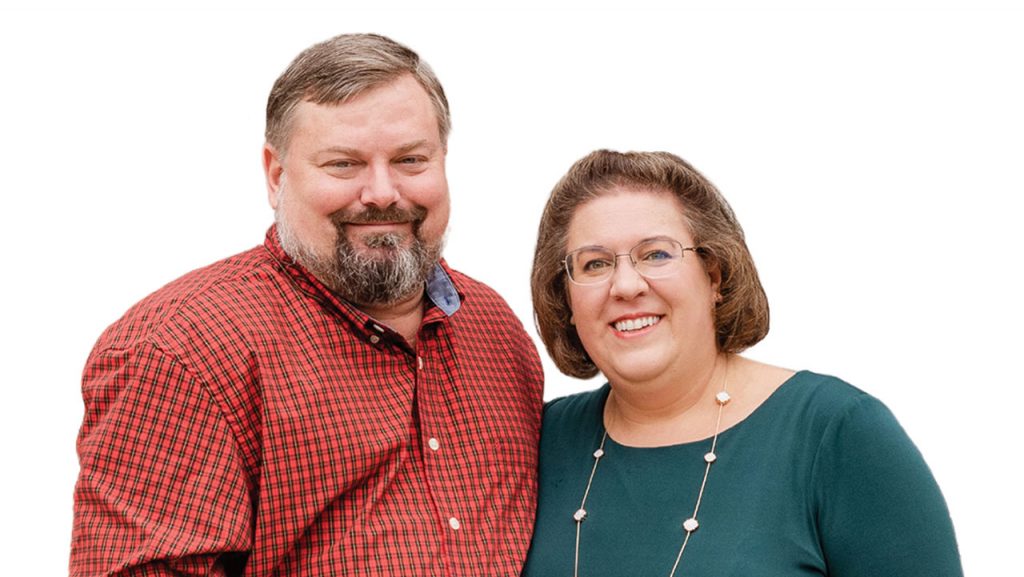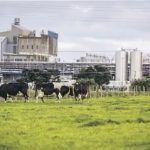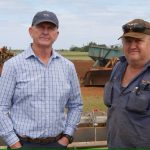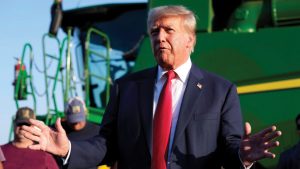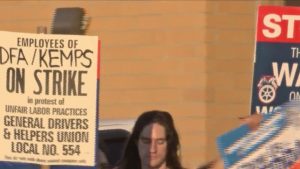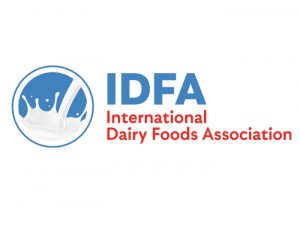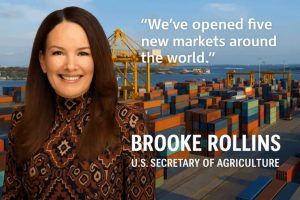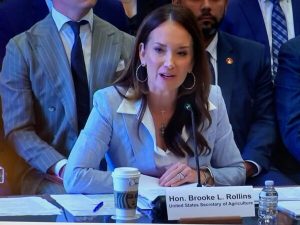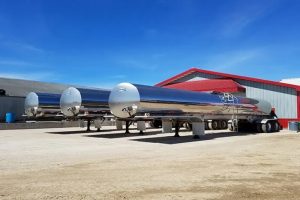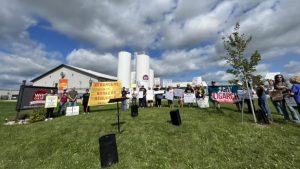
Husband-wife legal team helps farmers navigate forms to boost funding from agency.
When Bill Smith applied for and was denied an Emergency Relief Program disaster payment by his local USDA Farm Service Agency, he figured he was just out of luck. But then Smith — not his real name — learned other farmers in his Wisconsin neighborhood were also being told they didn’t qualify — by the same FSA office.
Something doesn’t seem right here, he thought. The program in question was to cover 2022 crop losses, beyond crop insurance, due to either heat or excessive moisture.
“It seems no matter how nice these government programs sound, you never seem to meet their requirements,” Smith says. “It feels like the FSA is set up to provide these applications for disaster relief, but they’re not actually prepared to pay out the full amounts they say they have available.”
Smith, a grain and cattle farmer, did not want us to use his real name for this story for fear of retribution from his local FSA.
Shortly after being denied, he got a flyer in the mail from a company called Crop Disaster Recovery LLC. And that’s when the story took a turn for the better.
Smith called Kim Lott, co-founder of CDR, a grant acquisition firm set up to help farmers obtain funding from disaster recovery programs and grants through USDA. Her husband, David, is a litigation specialist and the other founder.
Long story short? Kim began corresponding with Smith’s FSA office, providing the needed documentation and authority — based on FSA’s own rules — that paved the way for a payment to be made to Smith’s bank account. CDR was paid 15% of the payment Smith received.
Help when Uncle Sam says no
The Lotts got into disaster assistance counseling after discovering just how much money farmers were leaving on the table. Working in Florida, they had firsthand experience tracking down government payments for citrus and cattle operations after Hurricane Irma hit in 2017. They helped employers take advantage of relief programs, and shared those tips with other producers.
“We discovered that other producers almost never got paid the appropriate rates — often because they did not fill out applications correctly or gave up in frustration,” Kim says. “Most producers never learned about programs that they were eligible for.”
When COVID-19 hit and new relief programs were released, Kim and David launched their company to help other farmers improve their odds with government programs.
These days when the Lotts get an email or phone call, it’s usually an unhappy farmer on the other end.
“What we’ve found is that these producers really need a representative that manages their eligibility as a whole,” Kim says.
“When we founded the company, we realized with our skill sets, we were very good at managing programs and applications, and getting people paid the full amounts that they were due.
“But we didn’t realize how often we would have to fight the agency to get producers paid on proper applications, or stop them from clawing back legitimate payments,” David says.
Full-service company
The Lotts represent farmers of all kinds. After just three years in business, they have more work than they can handle, so they created a network of 15 like-minded consultants to help farmers.
The payments they help get for farmers have ranged from hundreds of dollars to several hundred thousand. CDR gets 15% to 30% of a farmer payout depending on the complexity of the application.
While Smith didn’t get a big payout, he does say it was worth the effort to hire an outside consultant.
“As a producer, I have debts to be paid,” he says. “It’s frustrating when the government is offering programs, but farmers hardly get a penny on the dollar of the money that is said to be offered. These forms are intentionally written so that farmers will give up on applying.
“As farmers we all need to know about groups like CDR; otherwise, you never would know how to fight FSA or question anything,” Smith concludes. “We’re being represented here. This stuff shouldn’t be that hard or denied that easily.”
You can now read the most important #news on #eDairyNews #Whatsapp channels!!!
🇺🇸 eDairy News INGLÊS: https://whatsapp.com/channel/0029VaKsjzGDTkJyIN6hcP1K
